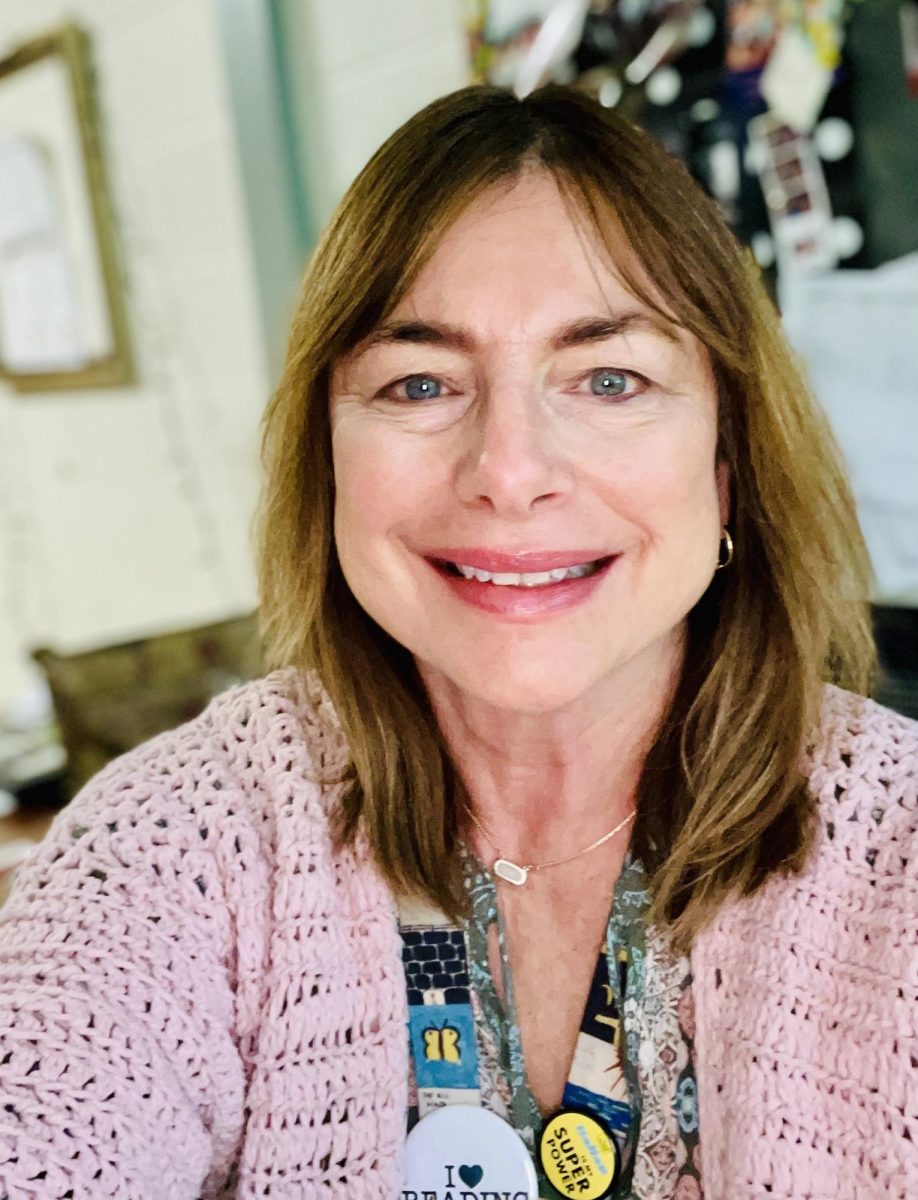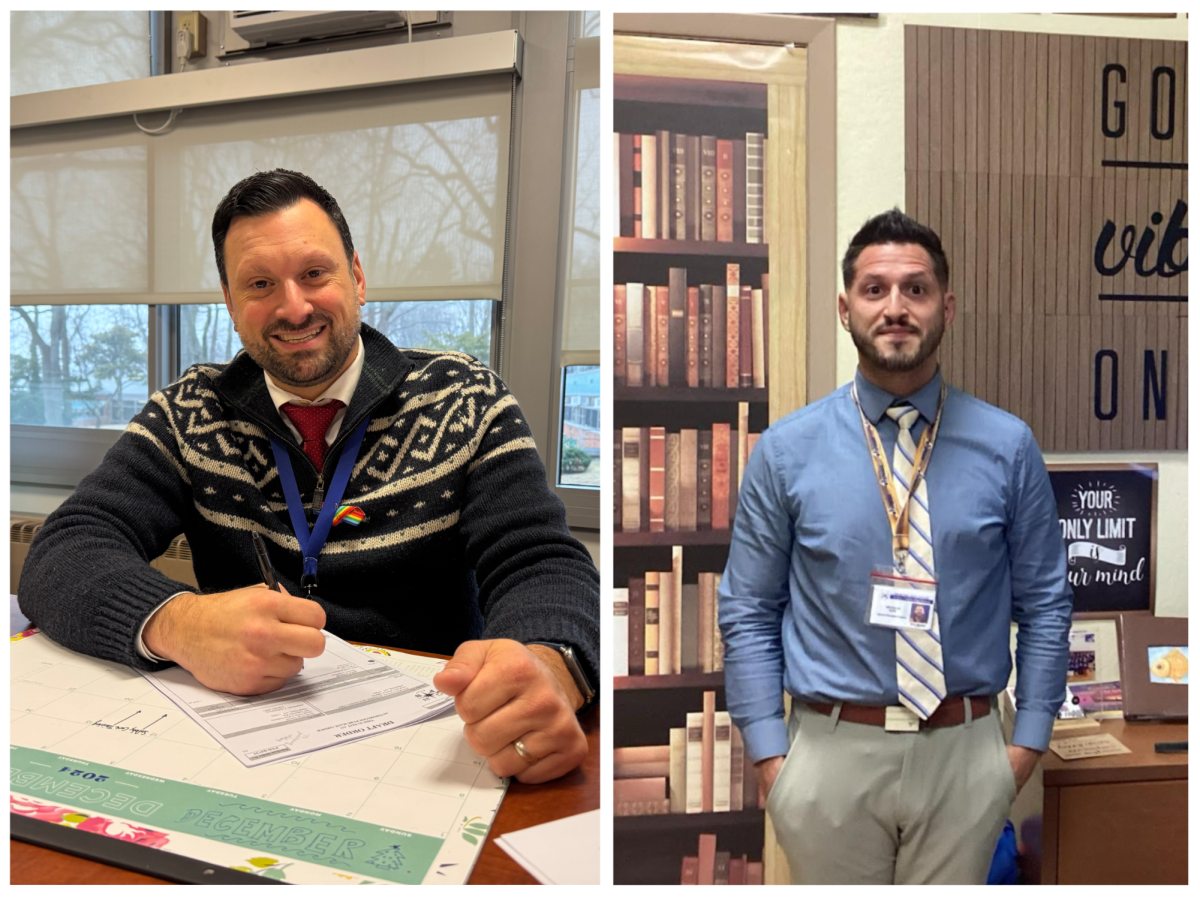
by Jacqueline Liao
When many students think of philosophy, they may think of it as a bland and useless subject that has no applications to reality. However, the students of Integration of Knowledge are not among these students. By deciding to take the class, which focuses on philosophy and its applications, the students of Integration chose to learn about a subject matter at which many others scoff.
“I have a general interest in philosophy, and I also like Mr. [Joseph] Ko,” said senior Abraham Rosloff, referring to the teacher of the class. “I figured, why not get the best of both worlds by taking Integration.”
Mr. Ko decided to teach the class after the retirement of Mr. Norman Wheeler, who previously taught it. “It’s a class that has been around for over 40 years,” said Mr. Ko. “No one else seemed to want to teach it, and it would be a waste to just let it die, since it’s a worthwhile class.” He wants to help students “understand how philosophy, which is normally a dry subject, can actually be relevant to their own lives in terms of how it can help them better understand the society in which they live and what they can do to maybe make it better.” For example, the earliest written laws such as the Code of Hammurabi and the moral precepts found in the books of Bible still influence society today.
This year, Mr. Ko is planning on focusing on “ethics and politics, and the quest to figure out what is the best way for [people] to conduct themselves for the betterment of both themselves and their society.” He wants his students to explore “codes of conduct” and “politics in terms of what is the best way to organize society and govern people so that… [people] believe that they are being [looked] out for by those in charge.”

Although 19 students are currently enrolled in the class, there wasn’t always enough enrollment for the class to run. As a result, Rosloff and senior Michelle Yang started a petition and tried to convince 14 other students to sign up for the class. Mr. Ko expressed that this year’s class “was the result of several students who wanted to take it but also made sure to publicize it and recruit among their peer group” so that the class would be allowed to run.
Mr. Ko requires his students to complete readings and written reflections at home so they can come into class and be ready to discuss what they have read. “The readings are primary sources, so [students] actually read what the philosophers wrote,” Mr. Ko said. “The written reflections are designed to help students focus on what’s important and try to understand it. Class time is a chance for [students] to share their thoughts and help everyone get a better understanding of what is important and what they were supposed to have figured out on their own.”
Although Mr. Ko is known for his heavy-duty workload, Rosloff believes that the “homework load is not excessive at all.” “It’s very loose, especially for a Mr. Ko class,” Rosloff added. “The desks are shaped in a horseshoe format, so you can tell the atmosphere is supposed to promote open-endedness and discussion, which is nice especially for a class that revolves around ideas.”
Mr. Ko hopes that his Integration students will “seek more meaning in their lives, in their personal conduct, and in their civic involvement” after taking the class. “Given all the emphasis in Great Neck and in the United States now on education as a means to an end, [I hope that] some of the students will realize that life is more than just your job, your salary, and your pedigree,” Mr. Ko said. “The truth of the matter is that most of the graduates from South High will go on to have successful lives and many of them will rise to positions of power, wealth, and influence. So if they are aware of the consequences of personal actions, and what’s best for the many as opposed to the few, then maybe they can make a difference in their lives, and not just with themselves and their family.”






